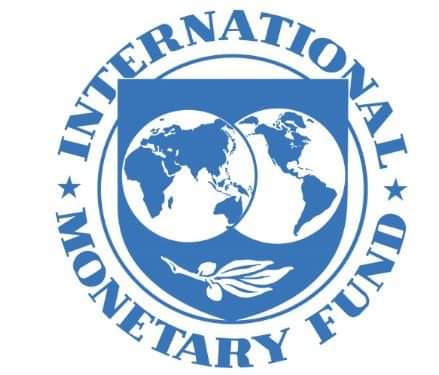
The International Monetary Fund has granted debt relief to 25 countries, mostly African nations excluding Nigeria.
A statement by the Managing Director of the IMF, Kristalina Georgieva, said it would provide $500m in grant-based debt service relief to these countries.
“Today, I am pleased to say that our executive board approved immediate debt service relief to 25 of the IMF’s member countries under the IMF’s revamped Catastrophe Containment and Relief Trust as part of the Fund’s response to help address the impact of the COVID-19 pandemic,” she said.
It listed the beneficiaries as Afghanistan, Benin, Burkina Faso, Central African Republic, Chad, Comoros, Congo, D.R., The Gambia, Guinea, Guinea-Bissau, Haiti, Liberia, Madagascar, Malawi, Mali, Mozambique, Nepal, Niger, Rwanda, São Tomé and Príncipe, Sierra Leone, Solomon Islands, Tajikistan, Togo and Yemen.
Meanwhile, the fund has advised commercial banks to restructure loans in a bid to mitigate the impact of the COVID-19 pandemic.
According to a report entitled ‘Maintaining Banking System Safety amid the COVID-19 Crisis’, IMF Director of the Monetary and Capital Markets Department, Tobias Adrian, called for the restructuring of loans extended to sectors that were adversely affected by the pandemic.
Adrian urged regulators and supervisors to also remind banks about flexible credit risk management.
The IMF official also advised that banks should not hide their losses.
“Banks, investors, shareholders and even taxpayers have to bear the losses.
“Transparency helps prepare all stakeholders; surprises only worsen their response, as was proven during the 2008 crisis.”
Addressing the need to help businesses and individuals affected by COVID-19, Adrian said the IMF would help to rebuild distressed banks.
He said, “The IMF has deep experience in helping countries rebuild distressed banking systems through its technical assistance programmes, and will stand ready to help.
“The coronavirus pandemic is a different kind of shock. Never before have modern economies shut down at the drop of a hat.
“From one week to the next, many workers lost their jobs and paychecks.
“Restaurants, hotels, and airplanes all emptied. And consumers and businesses now face steep losses in income – and potentially widespread bankruptcies.”
Adrian warned against a change of banking rules during the crisis.
Noting that banks should be given time to meet rules if they fall short, he urged the banks to maintain ongoing operations.












